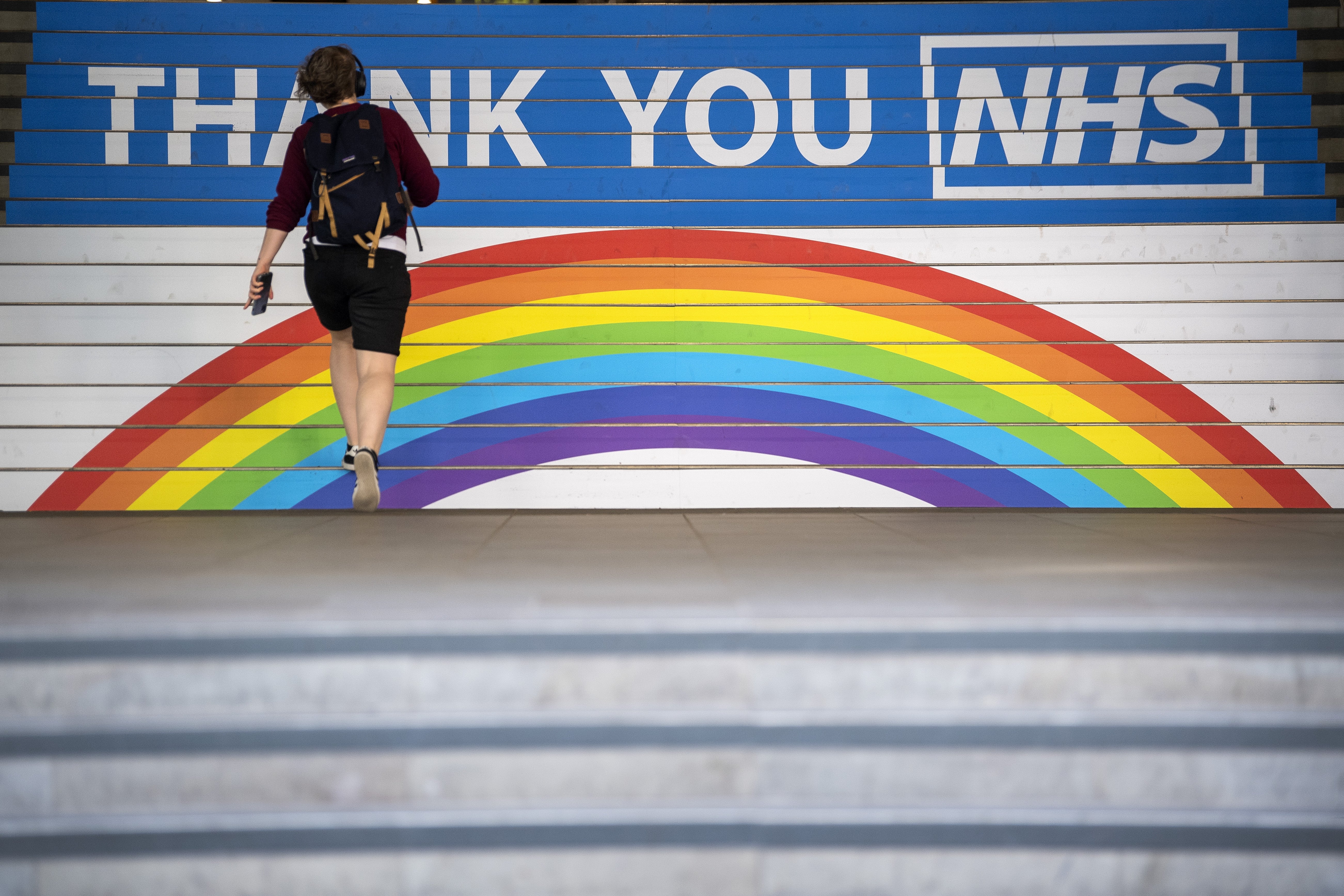
Cancer services and planned care in the NHS have suffered ‘years of decline’ under the government’s watch and there is no ‘meaningful’ plan to spend promised cash, MPs have warned.
Services were deteriorating for years before the pandemic as the Department of Health and Social Care and the NHS failed to increase capacity to meet the growing demand, a damning report claims.
The Commons Public Accounts Committee (PAC) also warned waiting lists were too dependent on a postcode lottery, with some areas having better access to diagnostics and more staff compared to others.
MPs have called for the DHSC to “strengthen” its plans to hold NHS England to account for waiting time performance, which includes setting specific expectations for improvements in 2022-23.
Dame Meg Hillier, MP and chair of the PAC, said the “DHSC has overseen a long-term decline in elective and critical cancer care that is dragging our National Health Service and the heroic staff down.”
Last week NHS data revealed the national waiting list for planned care had hit a record 6.1 million, while cancer services recorded some of the lowest performance in history.
NHS England was criticised earlier this month after it published plans for new cancer targets which appear watered down compared to previous proposals.
The PAC report warns that no “meaningful” plans have been published by the NHS or the DHSC on how the additional £36bn in funding promised in the spending review was going to be spent.
It added: “Waiting times for elective and cancer treatment are too dependent on where people live and there is no national plan to address this postcode lottery.
“In September 2021, patients in the worst-performing geographic areas were more than twice as likely as patients in the best-performing areas to have been waiting over 18 weeks for elective care or more than 62 days for cancer treatment following an urgent referral.”
According to the MPs’ report, The Royal College of Radiologists, Royal College of Surgeons and Royal College of Pathologists all argued services were “overstretched” and there were shortages in the workforce prior to the pandemic.
The report pointed out that NHS waiting time performance had declined steadily in the years before the Covid-19 pandemic, and the last times key standards were met were in 2016 and 2014.
In evidence from the DHSC, the PAC committee was told the cause of the deterioration in NHS waiting times was due to the fact that “the supply of NHS services had not risen as fast as demand for those services”.
However, MPs highlighted its June 2019 report into NHS waiting times for elective and cancer treatment, which concluded that the DHSC had “allowed NHS England to be selective about which standards it focused on, reducing accountability.”

Dame Hillier said: “DHSC has overseen a long-term decline in elective and critical cancer care that is dragging our National Health Service and the heroic staff down.
“We on PAC are now extremely concerned that there is no real plan to turn a large cash injection, for elective care and capital costs of dangerously crumbling facilities, into better outcomes for people waiting for life-saving or quality-of-life-improving treatment.
“Nor is it obvious that the department finally understands that it’s biggest problem, and the only solution to all its problems, is the way it manages its greatest resource: our heroic NHS staff.”
She said the “exhausted and demoralised” staff had emerged from a “hellish” two years only to face longer lists of people to treat.
Responding to the PAC report, Matthew Taylor, chief executive of the NHS Confederation, which represents hospitals, said:“MPs on the Public Accounts Committee are right to raise concerns about lengthening waiting times in the NHS. We are paying the price for the longest financial squeeze in the NHS’s history during the 2010s.
“This has left the NHS with over 110,000 staff vacancies, a shortage of key equipment and many buildings in need of repair – all of which has contributed to lengthening waiting lists.”
However, he said the NHS was treating more patients than ever.
Mr Taylor said one major issue facing the NHS is the uncertainty over the number of people who didn’t come forward for treatment during the pandemic. The second area he said was concern over NHS staff shortages.
He said: “We have over 110,000 vacancies and still no sign of a long-term, fully costed plan for growing the size of the workforce.
“Until we find a credible way of addressing these shortages then we won’t make the inroads into the care backlog that are required. Until then, the committee is right to point out that we will continue to rely on staff who have been working under intense and sustained pressure for two years. They must be supported otherwise many more will face burnout.”







